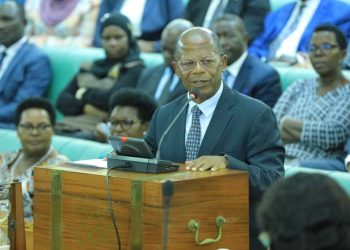Lycamobile Uganda is in pursuit of regulatory approval from the Bank of Uganda (BoU) to launch mobile money operations, presenting a potential game-changer in the industry.
With aspirations to diversify revenue streams ahead of its mandatory listing on the Uganda bourse, the telco aims to disrupt the stronghold of Airtel Uganda Mobile Commerce and MTN Uganda Mobile Money.
Even before obtaining regulatory approval, questions arise about the impact Lycamobile’s entry could have on existing players.
The telco has applied for licenses, including Payment Systems Operator (PSO) and Payment Service Provider (PSP), enabling electronic money issuance and facilitating various transactions.
Upon BoU’s approval, Lycamobile plans to offer cash-in, cash-out, fund transfers, and airtime top-ups, with added services such as receiving salaries, online payments, bill settlements, and remittances.
Notably, the central bank sets a condition for Lycamobile to acquire a two million-strong subscriber base before granting the license.
Despite the challenges, Lycamobile looks to draw lessons from successful East African mobile money operators, aiming to tap into a market that generated a combined revenue of Shs20.8 trillion.
Interviews with mobile money agents and users suggest positive reception for Lycamobile, signaling potential competition for MTN and Airtel.
To break the duopoly, Lycamobile must offer attractive incentives to agents, emulating practices such as extra float given by competitors.
Industry experts highlight the need for innovative approaches, considering MTN and Airtel control over 90 percent of mobile money accounts.
As Lycamobile navigates the competitive landscape, challenges in Uganda’s telecom market persist, with exits, acquisitions, and mergers.
Nevertheless, the telco sees growth potential in the Fintech market, aligning with the government’s push for a cashless economy.
However, concerns about taxing mobile money transactions at every stage impact transaction volumes and revenue for operators.

































































